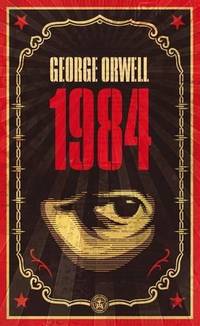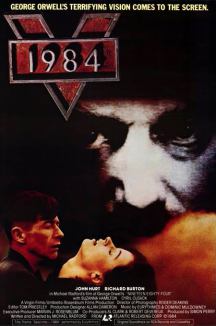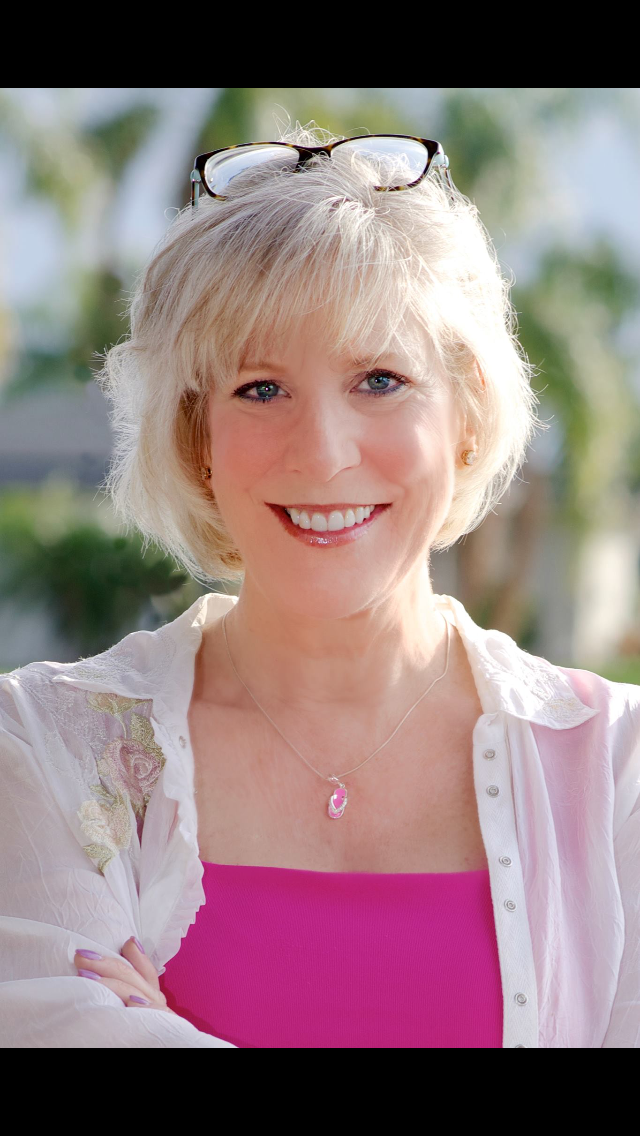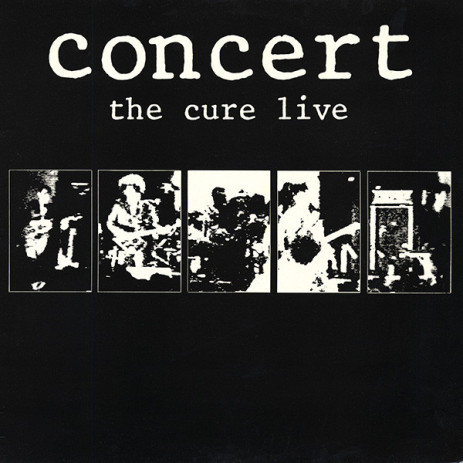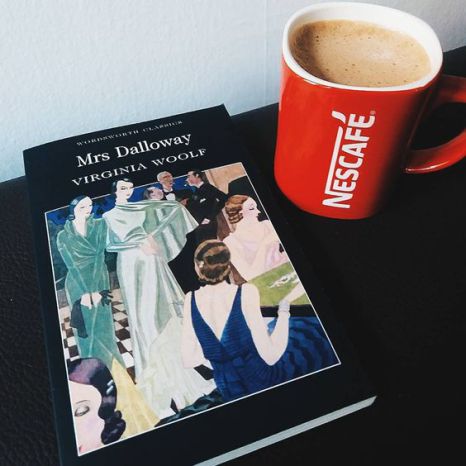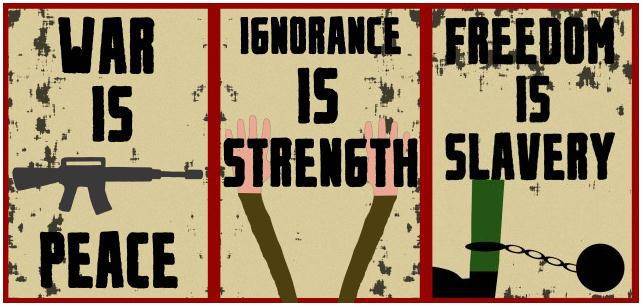
I first read Orwell’s dystopian novel in (the actual year) 1984. It was required reading at my high school. It is gloomy and depressing, but I never forgot it. As I got older, I could see so many freakish similarities to our current way of life. I remember thinking, “No way” when reading about Big Brother and the telescreens (wall screens that interacted with you and watched every move you made).
Fast forward to current day and we have everything from security cameras on the street to every individual walking through life holding up their phones, taking vids of whatever or whomever they wish, later to share, mock, or bully their unsuspecting victims on social media. I have friends who are battling with their neighbors over their invasive use of video drones flying over their home. There is the intrusiveness of certain video game consoles, smart TVs, premium cable and streaming services, even grocery stores keeping track of everything we purchase. Our information is monitored for marketing purposes to see what we watch, how we spend our time, etc., in order to determine where we will spend our money in the future. We allow it for the convenience it can provide us, overlooking what might possibly happen if we continue to give away our personal freedoms. Privacy is an illusion. Overly dramatic? Possibly. I’m still creeped out by it, though.
Last Tuesday, I was able to watch the (Dec. 1984) movie, 1984, directed by Michael Radford and starring John Hurt and Richard Burton, on the big screen. The first time I had seen it was via a warped VHS tape. Certain theaters throughout the U.S. took part in a special showing of this classic to illuminate the current political and social climate. Along with the obvious warning of allowing a government to gain too much power over its people, there is the not-so-subtle use of propaganda in brainwashing its citizens, and the citizens themselves being dumbed down and willingly believing what they are told.
One thing I found fascinating was the correlation between certain phrasing patterns we often see now in politics which is similar to Orwell’s form of English called “Newspeak” that the book’s totalitarian government utilized to discourage free thinking. The “Newspeak Dictionary” would get thinner with each revision, because Big Brother’s purpose was to eliminate words that could express ideas, thus creating the inability to think of new ideas. Instead of allowing the use of superlatives, the language was simplified to “good”, “ungood”, “doubleplusgood”, etc., and people were criticized if they used older versions of the dictionary. Our protagonist, Winston Smith, drew unwanted attention to himself by using too much thought in his re-writes of newspaper articles. In the book, it was part of the ultimate goal of eradicating individuality and controlling its people with the use of words. In our current reality, I think it is just letting ignorance slide and shamelessly allowing it to become the standard.
Book Summary:“And if all others accepted the lie which the Party imposed-if all records told the same tale-then the lie passed into history and became truth. ‘Who controls the past’ ran the Party slogan, ‘controls the future: who controls the present controls the past.’ … All that was needed was an unending series of victories over your own memory. ‘Reality control,’ they called it: in Newspeak, ‘doublethink’.”
– George Orwell, 1984, Chapter 3
Dystopian novel written in 1949 by George Orwell. Setting is totalitarian state of Oceania in the year 1984. A feeling of gloom, darkness, and despair permeates the whole feel of the book.
Our protagonist, Winston Smith, holds a position with the Ministry of Truth, in which he re-writes history for the sake of the Party. He believes he is just correcting typographical or factual errors until he starts recognizing discrepancies in changes he had made to the same stories just days before. The changes become so blatant that he can no longer ignore them. He has to hide his curiosity and doubts about his government, however, knowing his life is in peril for even having those thoughts. As an example of the inherent danger they all face, he sees his own neighbor, Parsons–a loving, albeit lack-witted, family man–get turned into the Thought Police by one of his own children, a member of the Spies (eerily similar to the Nazi Youth). Parsons is so loyal to the Party, that even though he doesn’t know what he could have done wrong and has to repeatedly submit to torture, he is still thankful and proud that his daughter saw in him what he was unaware of.
Winston’s downward slide to his own doom begins when he keeps a secret diary in which he shares his private and traitorous thoughts, and is cemented when he begins a physical relationship with a young woman, Julia, who is another rebel to the cause. The sadness in this novel is caused by seeing this ordinary man grow from a downtrodden urbanite in a dismal world to becoming alive again, watching him living his life as every modern man does: reading novels and expanding his mind, seeing his childhood memories through dreams/nightmares, finding beauty in simple things, expressing love for another, and then witnessing this new life being dashed in a way that was his greatest fear.
This is not a happy book, but an important one.
